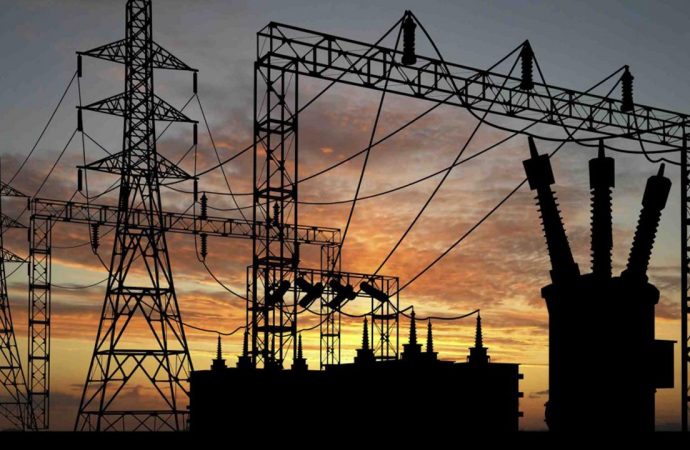Diversifying power generation in Nigeria

That Nigeria’s total power generation capacity is still below 5,000 Megawatts is a well-known fact. It is also an incontrovertible fact that the country has the largest population in Africa of 170 million. Incidentally, all demographic forecasts predict the population to hit the 400 million mark by 2050, thereby making Nigeria the third most populated country after China and India. In spite of these scary forecasts, Nigeria still lags behind in the provision of power for her industrial and economic development. In fact, the country’s power output in relation to population ranks among the lowest in the world. Surprisingly, past administrations had identified the impediments, which lack of adequate power poses to overall national development but made little or no efforts in addressing the handicaps.
This in spite of the fact that Nigeria has abundant resources such as natural gas, water, coal, solar, wind, biomass and even uranium for nuclear power. That is why the recent call by the Minister of State for Petroleum, Mr Ibe Kachikwu for the diversifications of power generation in the country is very apt. According to the minister, Nigeria should extend her energy generation needs beyond natural gas, oil and hydro and venture into other alternative sources that are abundant in nature.
He said such diversification into available resources would reduce the country’s dependence on oil and gas thereby setting the stage for sustainable development. We cannot but agree with this submission. This is because available statistics show that energy sources for crude oil stand at-36billion barrels, natural gas-1.80trillion standard cubic feet, coal and lignite-2.7 billion tonnes, tar sands-31 billion boe, hydropower-14, 750Megawatt, solar-7.0 kwh/sq meters per day, wind 2-4m/s at 10m height, biomass 320 million hectares including unspecified quantity of uranium.
There is no denying the fact that any country desiring to industrialise, must have sufficient energy sources to achieve this. The problem is not the lack of energy sources in Nigeria but the political will to develop them for industrial and household use. Before the discovery of oil, Nigeria depended on coal and lignite for power generation. All that ended when oil and natural gas replaced coal, especially in the 1970’s. Even at that, generation and distribution of electricity was a Federal Government monopoly, which not only was inefficient but also avenues for rent seeking and massive corruption.
That led to outcries for their privatisation. We can say on good authority that even when such privatisation was to usher efficiency in the generation and distribution of electricity, the exercise was opaque and shrouded in mysteries. That is why power output and supply remain at miserly level, while consumers pay exorbitant tariffs for power not consumed. Presently, energy companies are labouring under the weight of reduced power generation and lack of alternative sources to meet demands. It is therefore pertinent that such power sources as coal and solar remain the best options.
For example, Nigeria ranks as the seventh with the largest coal deposit in the world. Like her counterparts particularly South Africa, the United States of America, China, Indonesia, and Australia, Nigeria is overdue to join the comity of nations that generates power from coal. Moreover, unlike hydroelectric power station that takes from 6 to 8 years to build, coal-fire powered plants take less than three years to build.
Incidentally, about seven states have huge coal reserves with the potential to generate more that 6,000MW of electricity. It is also imperative that solar energy be explored as alternative source of energy, given that Nigeria boasts of unlimited sunshine all year round. While doing so, we advise the authorities to seek out competent power providers with the competence and financial capacity to undertake such ventures.







